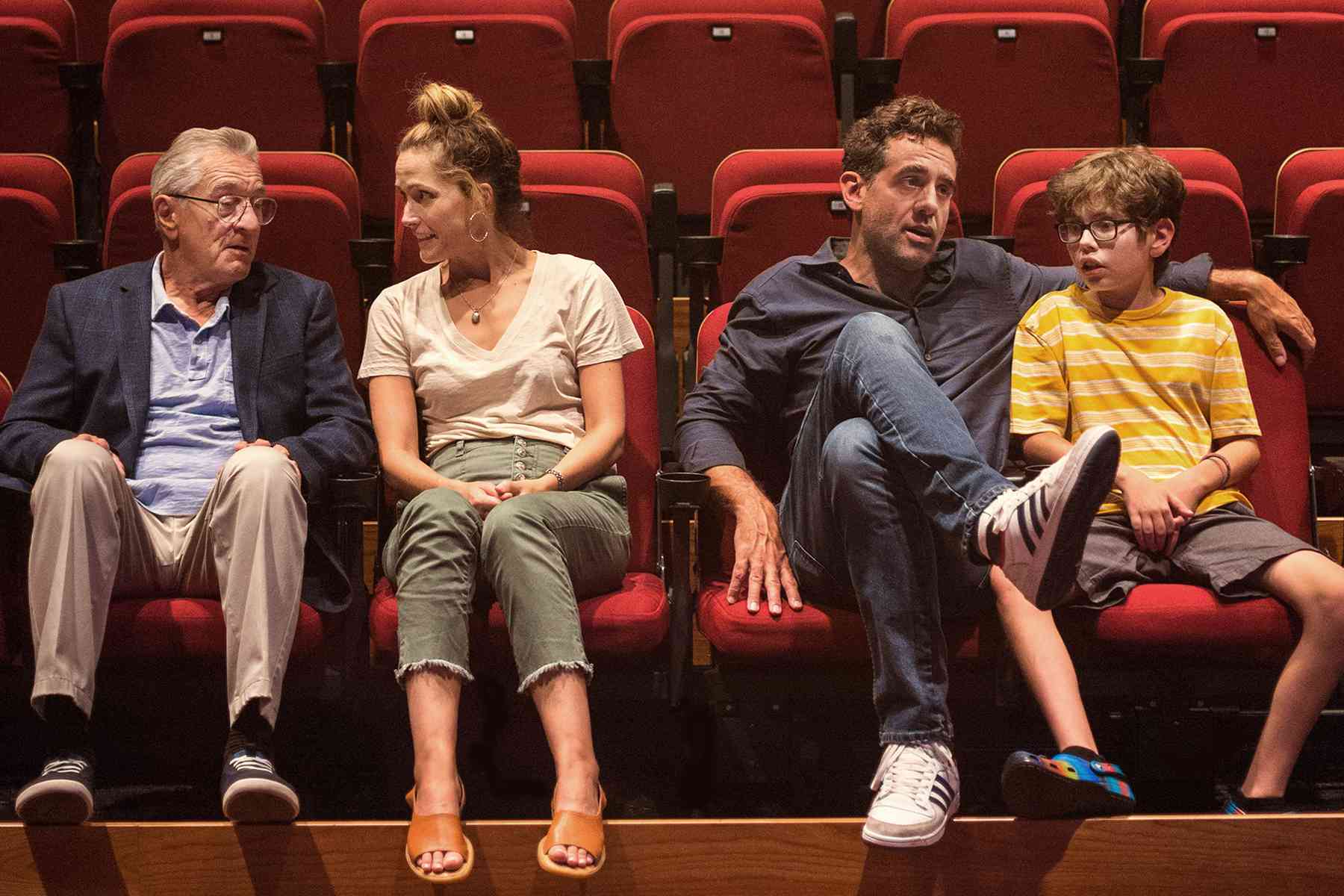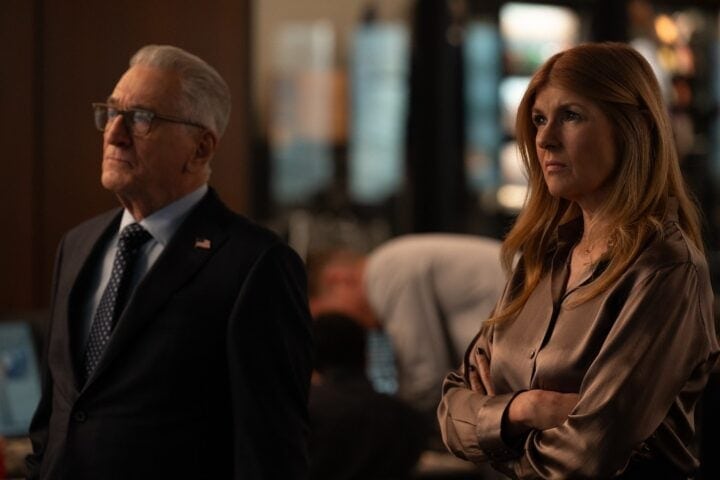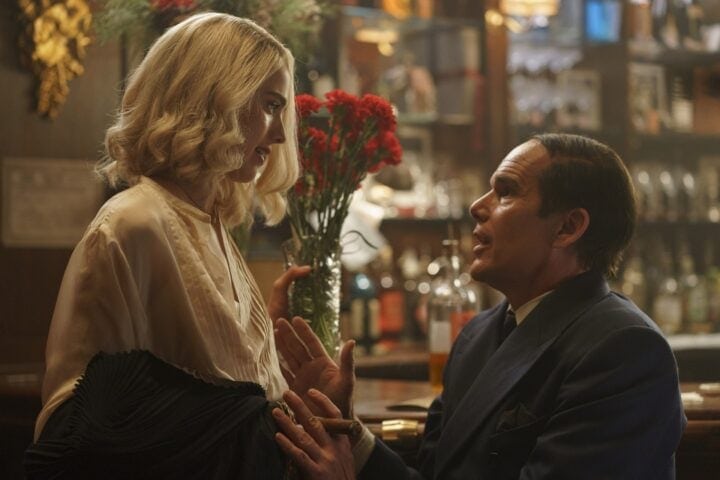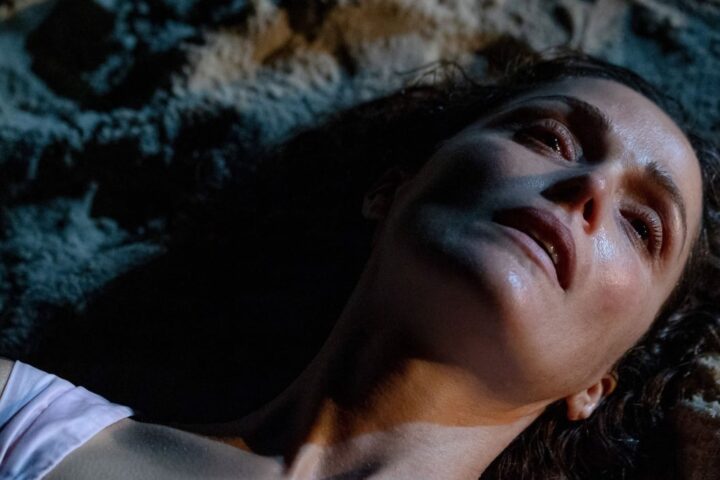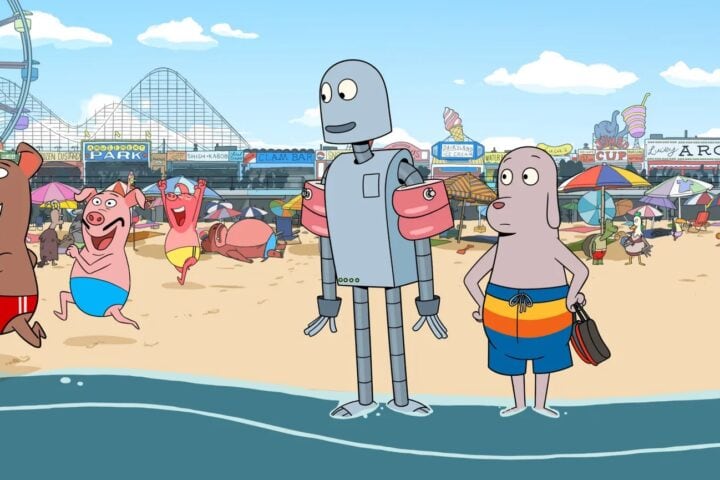Over the last few years, there have been some major shifts in the way those on the autism spectrum are understood. Conditions like autism have been reframed as an asset rather than a disability, due largely to conversations happening in spaces like TikTok. There has even been a vernacular reconfiguration, with the terms neurotypical and neurodivergent coming into wider acceptance as the more inclusive and less historically loaded categorizations.
As with basically all discourse, these positive developments have occasionally fueled actions with bad intent—like neurotypical people self-diagnosing as neurodivergent, essentially for purposes of clout. Enter Tony Goldwyn’s Ezra, which sees itself as a kind of rebuke to films like Extremely Loud & Incredibly Close for at least nominally wrestling with the notion of whether we should raise children to be as normative as possible or fully embrace their divergences.
The film’s plot concerns a New York comedian, Max (Bobby Cannavale), who’s doing his best to co-parent his autistic son, Ezra (William Fitzgerald), with his estranged ex-wife, Jenna (Rose Byrne). When Ezra makes a rash decision due to an overheard sorta-playful conversation between Jenna and her lawyer boyfriend (Goldwyn), Max’s combative response to the doctors assessing the situation earns him a night in prison and Ezra is put on medication.
Max subsequently takes his son’s fate into his own hands with the help of those closest to him. Through it all, Cannavale ably plays a mess of a man whose incompetence as a father the film makes a show of, and without too conspicuously setting him on the road to redemption. As Stan, Max’s father, Robert De Niro is livelier than his late-career baseline, winningly pulling off a couple of running bits revolving around cookware that his character, a former chef, has lent to Max’s best friend, Nick (Rainn Wilson), and his new career as a doorman.
The film doesn’t tango with people’s perceptions of autism in a thorny or especially productive way, and at times topples over into the maudlin. At one point, one of Max’s stand-up routines turns deathly serious when he forgets he’s on stage and reflects, all too honestly, on his life. But the performances go a long way toward papering over the story’s clichés.
Goldwyn’s sentimental family drama ultimately hinges on a revelation that dovetails with our modern idea that a neurodivergent person could be anyone, not just people like Ezra (or, famously, Dustin Hoffman’s character in Rain Man) who exhibit certain speech patterns and physical tics. It’s a bold suggestion that, of course, the film has Ezra blurt out at a dramatically pivotal moment. But Ezra can also be moving in spite of itself, getting within striking distance of new territory for its subject matter but stalling out due to its pat storytelling.
Since 2001, we've brought you uncompromising, candid takes on the world of film, music, television, video games, theater, and more. Independently owned and operated publications like Slant have been hit hard in recent years, but we’re committed to keeping our content free and accessible—meaning no paywalls or fees.
If you like what we do, please consider subscribing to our Patreon or making a donation.

